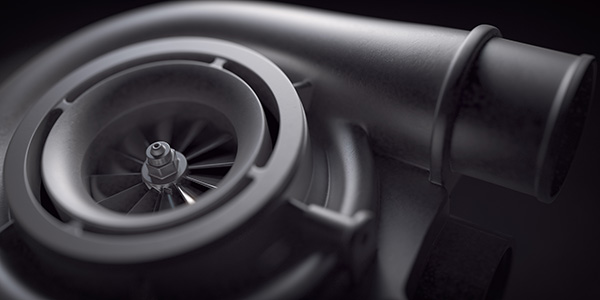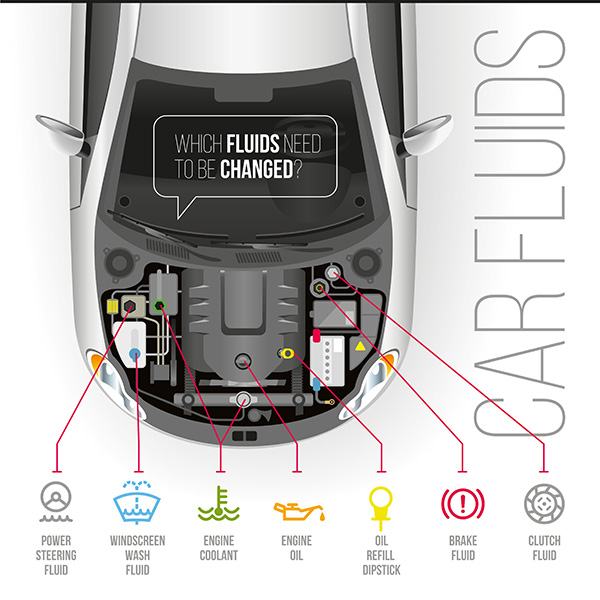Posted on 3/28/2025

If your headlights flicker when you hit a bump, it’s more than just an annoyance—it’s a sign something’s not right. Headlights are meant to provide steady illumination, and any disruption in power can compromise visibility and safety. Common causes include loose connections, faulty bulbs, worn wiring, or issues within the headlight housing itself. Ignoring the problem can lead to complete headlight failure, making night driving dangerous and increasing the risk of accidents. A Loose Connection One of the most common reasons headlights flicker when you hit a bump is a loose wiring connection, either at the headlight housing itself or somewhere along the circuit. As your vehicle moves, especially over rough pavement or potholes, vibrations can cause intermittent contact—making the lights cut in and out briefly. Sometimes the headlight connector isn’t fully seated, or the retaining clip isn’t holding it in place. This ca ... read more
Posted on 2/28/2025

Turbochargers are built to enhance engine performance by forcing more air into the combustion chamber, delivering increased power and efficiency. While some noise is expected, a high-pitched whining or whistling sound could mean trouble. If your turbo starts making unusual noises—especially when accelerating or idling—it may indicate wear, leaks, or internal damage. Addressing the issue on time can help prevent costly repairs and keep your engine running at its best. So, what’s causing the noise, and what can you do about it? Common Causes of Turbo Whining or Whistling NoisesBoost Leaks or Loose Hoses One of the most common causes of a whistling turbo is a boost leak. The turbo system relies on airtight connections between the intercooler, intake, and other components to maintain proper pressure. A cracked hose, loose clamp, or failing gasket can allow pressurized air to escape, leading to a noticeable whistling sound under acceler ... read more
Posted on 1/31/2025

Car maintenance is about more than just oil changes and tire rotations. While most drivers remember to take care of the basics, there are several critical services that often get overlooked—until they lead to costly repairs. Neglecting these essential maintenance tasks can hurt your vehicle’s performance, safety, and longevity. If you want to keep your car in top shape, paying attention to these overlooked services is key. Transmission Fluid Change Your transmission is one of the most important—and expensive—components of your vehicle. Yet, many drivers rarely think about the condition of their transmission fluid. Unlike motor oil, transmission fluid doesn’t burn off, but it does break down over time. Dirty or old fluid can lead to slipping gears, rough shifting, and even transmission failure. Depending on your vehicle and driving conditions, you should have the fluid changed every 30,000 to 60,000 miles. Brake Fluid Replacement ... read more